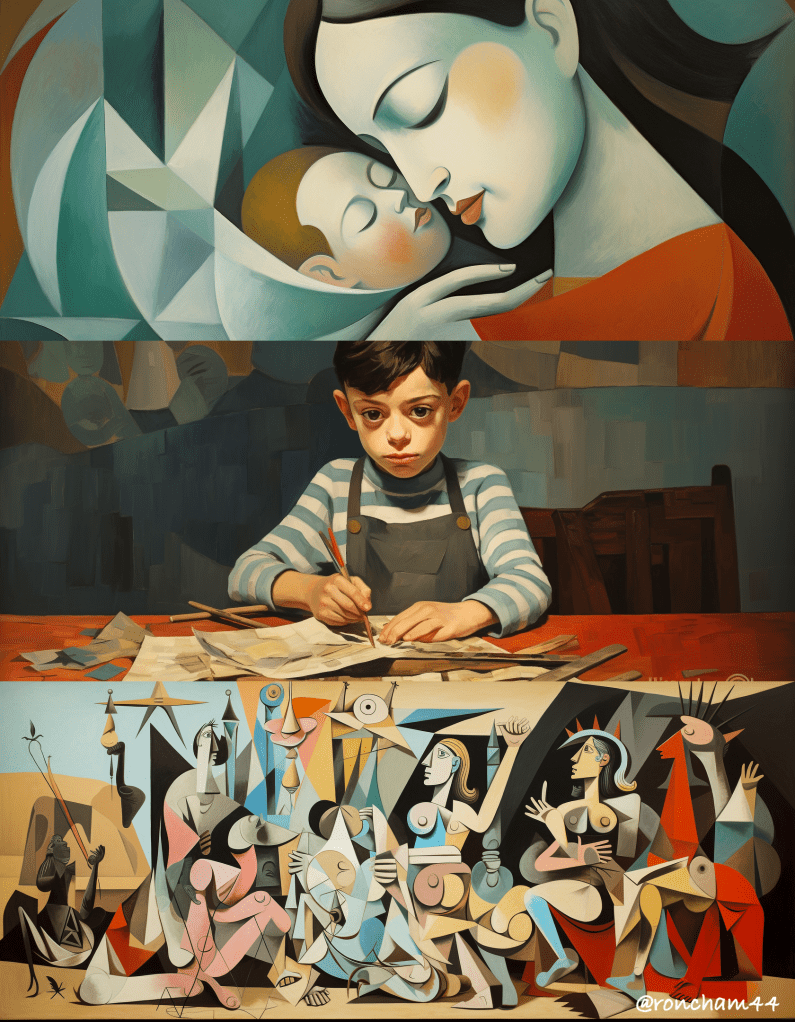On This Day, October 25, 1881, Pablo Picasso, one of the most influential and celebrated artists of the 20th century, was born in Málaga, Spain. Picasso’s immense talent and innovative approach to art made him a legendary figure in the world of modern art.
Picasso showed an extraordinary artistic talent from his early years, trained by his father, who was an art teacher. His early work was characterized by its realism, but as he matured, Picasso began to experiment with different theories, techniques, and ideas. His style evolved significantly over the various phases of his long career, including his Blue Period, Rose Period, and African-influenced Period.
He is best known for co-founding the Cubist movement, along with French artist Georges Braque. Cubism represented a radical departure from traditional art forms, introducing a new way of representing reality in art. It involved breaking down objects into geometric forms and presenting them in abstract, multi-dimensional perspectives. This approach had a revolutionary impact on visual art and led to further developments in modern art.
Apart from painting, Picasso was also an accomplished sculptor, ceramicist, stage designer, poet, and playwright. His prolific output included thousands of artworks over his long career. Some of his most famous works include “Les Demoiselles d’Avignon” and “Guernica,” the latter being a powerful political statement against the bombing of a Basque town during the Spanish Civil War.
Picasso’s influence extended beyond his specific contributions to movements like Cubism and Surrealism. His innovative spirit and relentless exploration of new artistic expressions changed the course of modern art and continue to inspire artists around the world. Pablo Picasso remains a towering figure in the art world, remembered for his creativity, ingenuity, and profound impact on the art of the 20th century.
